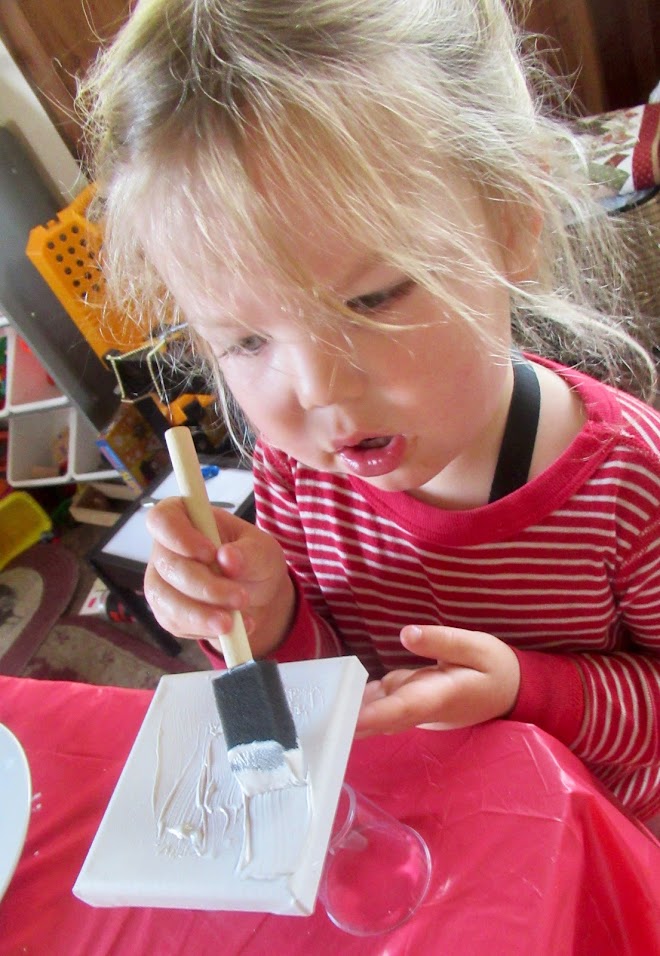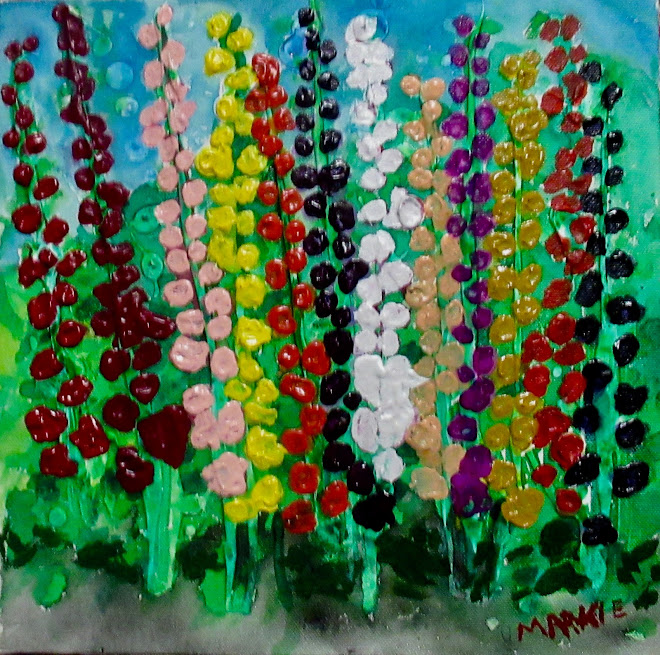Ain’t it a Crime?
Stanley leaned back in his lounge chair and snorted disgustedly. “That’s number six,” he rasped out, and he spat off one side of the deck. Tillie didn’t have to ask him what there were six of. Stan had been keeping up a running commentary all spring now, as he gazed up the slope, all the way up to the top of the ridge, where Bell Springs Road was situated. Between Stan’s place, and Bell Springs Road, six greenhouses, of varying sizes from big to huge, were arranged, like gigantic, rounded ice cubes on the side of the hill.
“Used to be, they’d come after his kind, but now, I suppose, there’s so many of his ilk, that they can’t catch up to them all.”
“I suppose so,” she sighed. “Still, aren’t you jumping to conclusions, just a bit, Stanley? After all, we see Kaleb selling his produce at the market on Wednesdays. He has one of those CSA businesses. He seems like such a nice boy, and that Amy, the gal who works with him in their booth, they seem like such hard-working young people.”
“Bull-Roar! He’s a big-time grower, and you know it.”
They were talking about Kaleb Connor O’Brien, who’d built a proper house on his family’s twenty acre parcel, and was now growing and selling vegetables at the market, held at the quarry on Bell Springs Road. Tillie had watched also as the homestead, clearly within their view, had metamorphosed into a burgeoning farm, with chickens and goats, coexisting within the garden fence, which encircled maybe two full acres.
Because of the slope, Kaleb and Amy had hired an excavator to carve a series of steps along the hillside, creating six feet wide, flat strips of tillable soil, close to two hundred feet long. You could grow a lot of tomatoes on one of those steps, or peppers, or cukes or anything that you could grow in a big field. Getting water to the steps was not hard either, water favoring the downhill approach to life anyhow.
Tillie had gotten one of the computer flyers that described the CSA, that were on the table with the produce. CSA stood for the community supported agriculture program, and the flyer explained how it worked. The farmer provided fresh produce, weekly, in exchange for payment in three installments. The idea is that the farmer gets an income all year, instead of having to wait until harvest time. Every week, the flyer lists the fresh produce that was in the baskets, that were distributed at the market on Wednesdays. There were always a dozen or more items listed, and Tillie had wished Stanley would be more receptive to the idea of trying new things.
She knew it cost twenty dollars a week for those baskets of fresh, organic produce, and she thought about what she got down in the city, for twenty bucks. She usually ended up keeping plenty of beef and charcoal on hand for Stanley, who never did take as much to veggies and salads. Now if you were talking about potatoes, that would be a whole different ballgame.
Up above, Kaleb and Amy were sitting out on a screened-in deck, eating a mixed green salad, from fresh produce garnered from the first and second greenhouses. Kaleb was speaking, “So with this sixth greenie, we’ll be ready to start the ornamentals. I think going to thirty feet on this one is smart. Those bunches of flowers go like gangbusters, in the late summer, early fall.” It was just like Kaleb to borrow a phrase he’d heard often from his grandfather.
Amy agreed. “We have tomatoes filling up number five alone, and four jammed with all of the other hot-weather crops, like peppers, eggplant, and all of the squashes. With all of our greens and other spring crops, already taking over the first two greenhouses, that leaves only number three for all of the rest of the mainstay crops. Without all six of these greenhouses, we will be hard pressed to keep our growing list of happy customers supplied with produce until close to Christmas.”
Stan and Tillie sat together, silently. Stan sighed, surveying the greenhouses still one more time, and blurted out, “Look at those greenhouses. Ain’t it a crime?”
Taking another forkful of fresh greens, shredded carrots and beets, Kaleb smacked his lips, and blurted out, “Look at those greenhouses. Ain’t it a crime?”















No comments:
Post a Comment